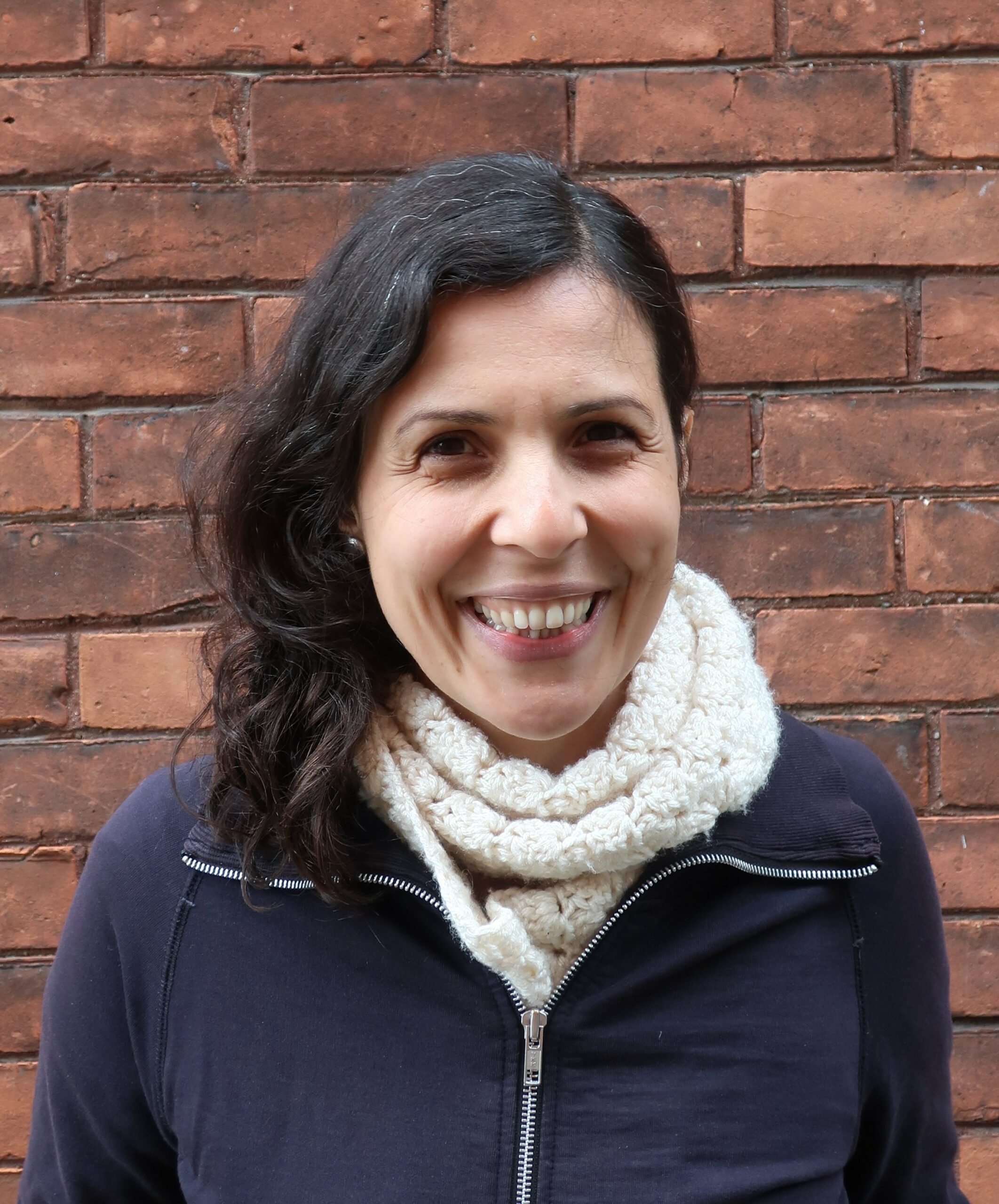Why was the clock in a cage?
There should have been whistles and sweat,
a floor the colour of North Atlantic storms, lines of a subway map—
but it wasn’t a gym. The air had wavelengths, a synthetic lemon smell.
We were on the same side, everyone for themselves.
Were we dangerous, would we rage at it?
We held the coffee cups with trap door lids.
Someone’s sneaker blankly tapped the air.
Half of the colon and most of a lung, is what one woman’s husband
had removed. Their son said, You’re half empty space.
This was now; they eyed their flat phones.
The father could have risen like a thick balloon, quietly thudding
the ceiling, smiling shy licorice teeth.
A woman in pastels came in. I’m going to butcher this name, she said,
so I stood. She led me to the table where they’d view
that clockwork part of me. Lie still, real still.
They started the cold IV. I’d read of a man who, during his lethal injection,
jerked up three times to say, It don’t work.
And wanting not to think of him, I studied the ceiling’s
print of hands, naïve and bright. So someone had been there,
attempting a signal, in this room of leaden aprons and electric noise,
radio reporting a larger city’s traffic. Dear mother,
I wished you were my country again, when my ears didn’t ring,
when my eyelids were still knitted shut—
and then I heard them say, That’s it. When I turned
I saw it pulse in dark and grainy currents
on a screen. Nothing like a valentine
or dove—uncatalogued
marine, perhaps, and blunderous,
and fugitive.
Doyali Islam on Sadiqa de Meijer’s “The Imaging Department”
Sadiqa de Meijer’s “The Imaging Department” deftly incorporates technical language without losing emotional resonance. de Meijer creates an experience that allows those who have gone through procedures like this to feel witnessed, while also injecting humour. Fitting with its title, “The Imaging Department” contains unusual images that remain in the mind after reading.
Bio

Sadiqa de Meijer
Sadiqa de Meijer is currently working on poems that delve into maternal and child separation. Her collection of lyric essays on her first language will be published with Palimpsest Press in 2020. [provided in 2019]

